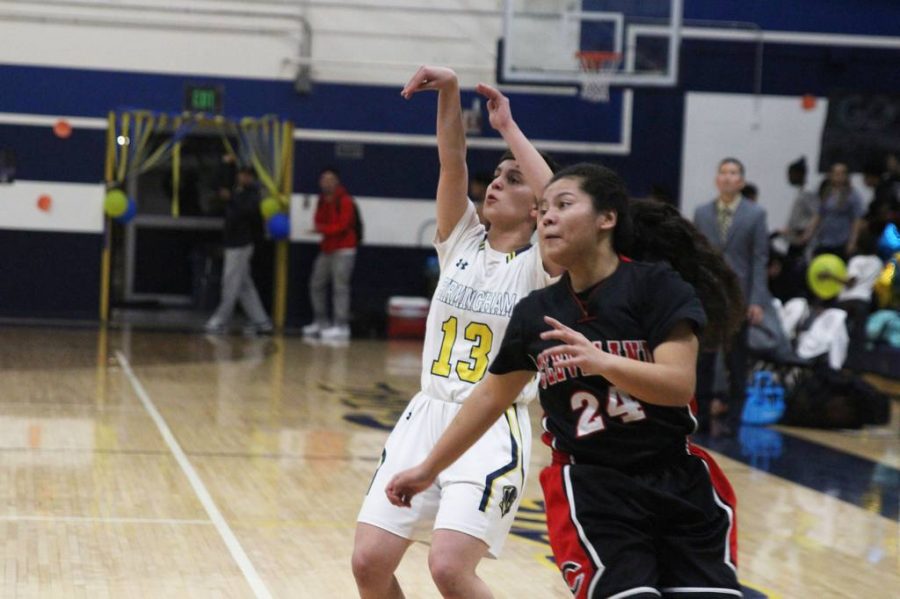Do Boys’ Sports Receive More Attention Than Girls’ Sports?
October 1, 2019
High school sports – the epitome of student hype. Whether it is to participate or to witness, the student body of a school may typically become overexcited; at least, this is the case at Birmingham Community Charter High School.
Whenever a new sports season comes around – fall or spring – students garner anticipation for all sorts of sports. This alone is evident when one merely considers the behavior of their fellow classmates: faces lighting up, breaths hitching, and voices pitching. Although a closer realization will net you the following: in all honesty, don’t boys’ sports receive more attention than girls’? In my honest opinion, I think the reality is that boys’ sports really do garner more attention and popularity among students when compared to girls’ sports. It’s not right, but it’s true.
It’s sad to say, but no matter the sport, a majority of the school gets hyped for men’s games, even if a sport in question has teams for both genders. Whenever a hot new game gets announced, like a game against our rival, for example, boys’ teams become the main feature; meanwhile, girls’ teams…are more on the “sidelines.” In basketball games, for example, the amount of students who see the boys compared to the girls is too clear to even mention – it has to be over twice the amount, right? I feel regretful, but to tell the truth, I’ve also been guilty of giving men’s sports more mind. Whenever my friends talk about the latest basketball games, it’s as if our minds just default to boys’ games. This is unfair to say the least, but why is it that society seems to steer toward male sports as a “default?”

The article “The Contradiction of Girls and Boys in Sports” by Stephen Carter suggests that society actually subconsciously believes that females aren’t as capable of athleticism, thus explaining why females are treated differently in sports. As Carter says, “It struck me as odd that the primary message we give our girls when they play sports, at least at a young age, is simply ‘have fun;’” here, Carter realizes that since a young age, boys are taught to competitively play sports whereas girls are taught to be more casual. Over time, society takes root in unequal treatment by perceiving that boys are trained to bring home victory and pride while girls play with their friends to kill time. With this mindset growing in the community, people start to cheer on the boys, hoping they’ll ultimately win and make everyone in the area feel victorious. Even if someone may not truly want to believe that boys and girls should be treated differently like this, it’s possible that they’ve just been conditioned by the environment around them to act otherwise.
It feels shameful to admit that I’m guilty of such conditioning, but that makes the matter all the more important – it is absolutely dire that society as a whole starts to genuinely recognize that females are indeed capable of competition just as they are capable of fun. Firstly, girls should be treated as such; there’s no reason why genders should be treated differently in this case. Secondly, it’s really no good for this mindset to be ingrained into people as they grow up; people can always eventually learn right from wrong, but the wrong shouldn’t even be taught in the first place.
No matter what gender we are, no matter our physicalities, and no matter our mental fortitudes, we’re all human in the end. What we like, we can actively pursue; what others do, we can gracefully respect. Everyone deserves a chance to do what they love however they want, and athletic girls should be no exception.



